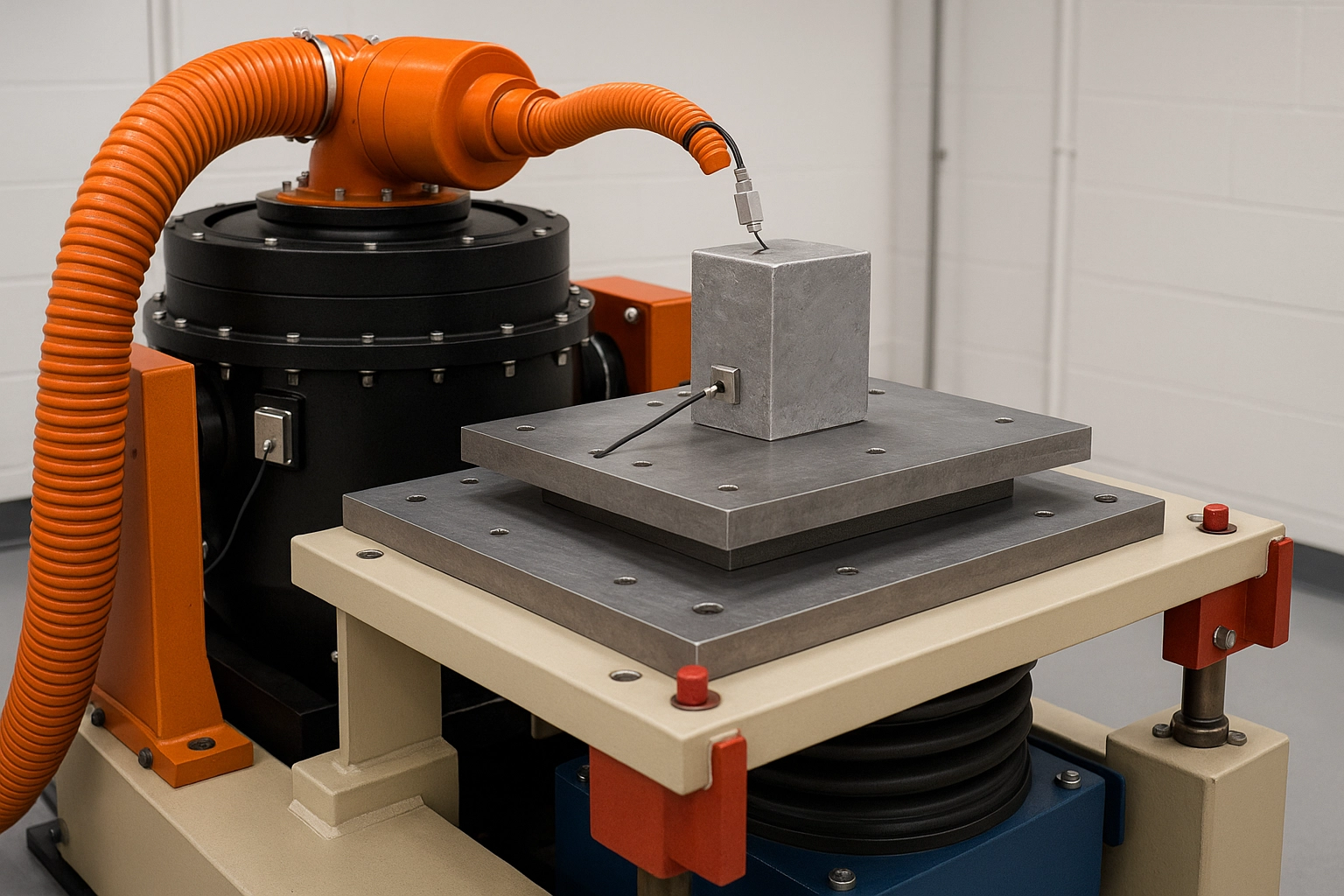EN 12299 Ride Comfort and Vibration Test for Passenger Cars
The EN 12299 standard is pivotal in the automotive sector as it sets forth rigorous testing protocols to ensure passenger cars meet high standards of ride comfort and vibration performance. This test evaluates how well a vehicle's suspension, seating, and structural components attenuate vibrations and maintain passenger comfort during various driving conditions. Compliance with this standard is essential for manufacturers aiming to achieve top-tier product quality and customer satisfaction.
The testing procedure involves subjecting the vehicle to controlled road surfaces that mimic real-world conditions, such as potholes, speed bumps, and uneven terrains. The test setup includes an instrumented seat or bench where passengers are positioned during the ride. Sensors within the seat collect data on acceleration, displacement, and force distribution across different frequencies.
The standard specifies detailed requirements for specimen preparation and instrumentation to ensure accurate results. Vehicles must be in optimal condition, with all systems functioning correctly before testing begins. The test apparatus typically consists of a computer-controlled shaker or vibration table that can simulate various road types and speeds. Data acquisition software records parameters such as seat acceleration, body motion, and noise levels.
Key acceptance criteria include peak acceleration levels not exceeding specified thresholds at critical frequencies, minimal transmission of vibrations from the road to the passenger compartment, and consistent performance across multiple test runs. These stringent requirements guarantee that only vehicles meeting these standards can pass the EN 12299 test, thus enhancing consumer trust in the brand.
Real-world applications of this testing include continuous improvement in suspension design, optimization of seating ergonomics, and refinement of structural components to enhance overall ride quality. Compliance with EN 12299 is mandatory for many international markets, ensuring that vehicles meet stringent regulatory requirements before entering the market.
- Customer Impact and Satisfaction: By adhering to this standard, manufacturers can significantly improve customer satisfaction through enhanced ride comfort, reduced fatigue during long drives, and a smoother driving experience. This translates into higher brand loyalty and better performance in customer surveys.
- Competitive Advantage and Market Impact: Meeting the EN 12299 criteria provides a competitive edge by allowing manufacturers to differentiate their products based on superior ride comfort features. It also opens doors to lucrative international markets where stringent regulatory requirements are enforced.
In conclusion, the EN 12299 standard is crucial for automotive manufacturers aiming to deliver high-quality vehicles that meet both legal and customer expectations. By rigorously adhering to this standard, companies can ensure their products stand out in a crowded market while maintaining a strong reputation for reliability and performance.
Eurolab Advantages
At Eurolab, we pride ourselves on delivering world-class testing services tailored to meet the unique needs of our clients. Our expertise in automotive testing is unmatched, offering a range of benefits that set us apart from competitors:
- State-of-the-Art Facilities: Equipped with cutting-edge equipment and technology, our laboratories ensure accurate and reliable test results.
- Experienced Professionals: Our team comprises highly skilled engineers and technicians who possess deep knowledge of automotive testing standards and regulations.
- Comprehensive Services: We offer a full suite of services that cover all aspects of EN 12299 compliance, from initial consultation to final reporting.
We understand the importance of meeting stringent quality standards in the automotive sector. By leveraging our extensive experience and advanced facilities, we help manufacturers ensure their products meet the highest quality benchmarks, thereby gaining a competitive edge in the market.





